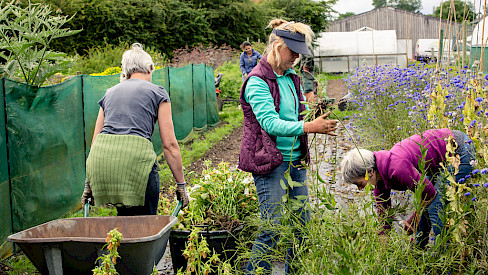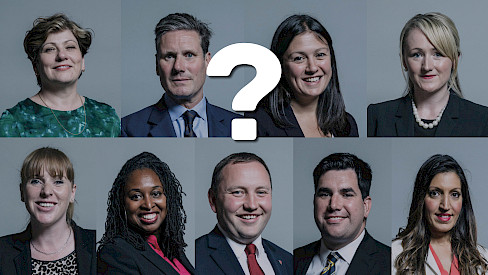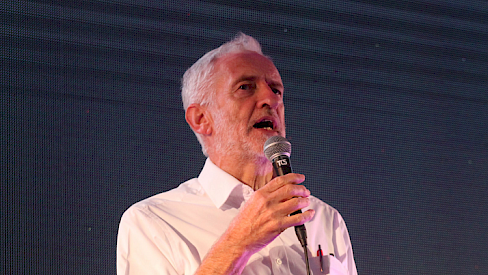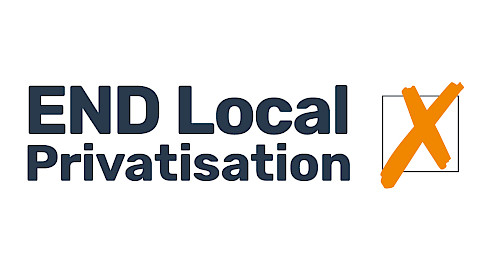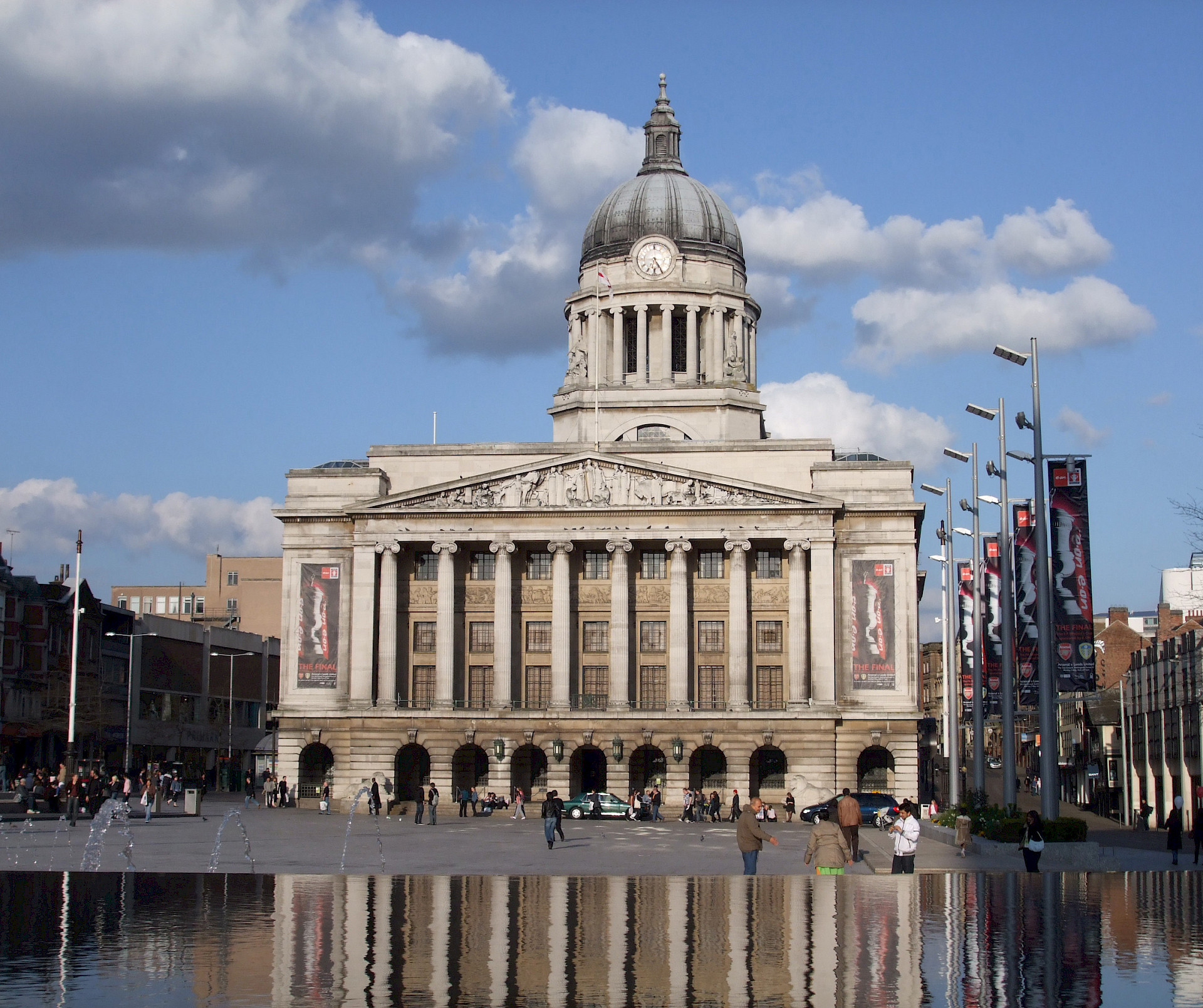
Key facts
-
One third of all public spending on services and goods goes to outside contractors.
-
Spending by councils on third parties to provide services increased by 7% in one year from 2020 to 2021.
-
In 2018, outsourcing giant Carillion went into liquidation - work for crucial services such as schools and hospitals was delayed by months.
-
In 2019, another major outsourcing firm - Interserve - went into administration.
-
Mariana Mazzucato and Rosie Collington explain in their book “The Big Con” that hiring consultants leads to a loss of capacity and confidence in the public sector, both local and national.
-
We Own It put forward the idea of a Public Service Users Bill in 2013 with ideas to increase public accountability around outsourcing.
Read more about the case for local public ownership.
The history
In 1835, the Municipal Corporations Act created councils in England and Wales (the 1833 Burgh Reform Act had done the same in Scotland). At the end of the 19th century, these local authorities introduced welfare schemes, cleared slums and built houses, parks, hospitals, museums, libraries, swimming pools and playing fields.
But after the second world war, the central UK government gradually took more and more power and money away from local authorities.
"Britain is the most centralised country in the Western world" Tom Crewe in 'The Strange Death of Municipal England', LRB
In the 1980s, Margaret Thatcher’s government introduced ‘Compulsory Competitive Tendering’ (CCT). This forced local authorities and the NHS to introduce competition into services.
Under the Labour government in 1997, this changed to a ‘Best Value’ regime. Local authorities had to consider all options for delivering services.
In 2013, the coalition government published a White Paper called ‘Open Public Services’ which encouraged outsourcing to private companies and charities. At the same time, the government made huge cuts to funding of public services.
Who owns our council services?
Councils have a duty to provide libraries, social housing, accommodation for the homeless, schools, youth services, cemeteries, buses, parks, rubbish collection, housing benefit, and social care for children, elderly and disabled people, amongst other services.
But they can deliver these services by outsourcing them to private companies. There is a lack of data about contracts but we do know the trend has been towards more council outsourcing. If outsourcing does ever save money, that’s often because workers are paid less or have worse terms and conditions. And over time, councils are hollowed out – they end up with less capacity and expertise to run services directly.
At the same time, research by the Association for Public Service Excellence finds that many councils are choosing to bring services back in house. Councils do this to save money, improve service quality or have a more flexible approach (instead of getting stuck with a rigid contract).
In practice, at the local and national level, private providers are often 'too big to fail'. If they run into problems, the public sector has to pick up the pieces.
Latest related We Own It news
-
7 Aug 2025 Source: We Own It
-
Profit should have no place in school meal provision
- Outsourcing
- Council services
- Schools
15 Feb 2021 Source: We Own It -
Public ownership is more popular than ever - which Labour leadership candidates back it?
- Justice
- NHS
- Schools
- Energy
- Water
- Railways
- Council services
3 Feb 2020 Source: We Own It -
10 game-changing public ownership pledges in the Labour manifesto
- Privatisation (general)
- Royal Mail
- Railways
- Water
- Energy
- Prisons
- Probation
- NHS
- Council services
21 Nov 2019 Source: We Own It -
Is Capita wobbling too? Just another reason to end local privatisation
- Privatisation (general)
- Council services
- Outsourcing companies
24 Apr 2018 Source: We Own It

